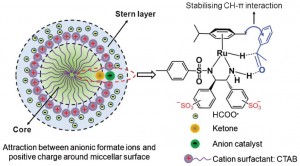Transfection is the process of introducing genetic material, typically DNA, into mammalian cells. This technique has proven indispensable in understanding signaling networks that govern cellular function. To better understand the function of a given protein, molecular biologists routinely transfect cells with DNA (i.e. recombinant DNA). This enters cells in culture and subsequently encodes the specific protein under study. The recombinant DNA is combined with a transfection reagent, typically Lipofectamine, to facilitate its entry into cells.
A study conducted by Neuhaus and colleagues, at the Inorganic Chemistry and Center for Nanointegration (CeNIDE) in Germany, utilizes calcium phosphate nanoparticles (CPNPs) as vehicles to deliver recombinant DNA into cells. CPNPs have previously been shown to spontaneously bind DNA, thus supporting the notion that they could be used as transfection agents. The approach requires that CPNPs first be mixed with a buffer containing recombinant DNA before being added to cultures containing actively growing mammalian cells.
Despite its simplistic approach, the transfection process in general has a few technical limitations. First, not all cells in culture uptake the recombinant DNA. This leads to reduced transfection efficiency. Second, the transfection efficiency is strongly influenced by the cell type (i.e. distinct cell forms within a species). And third, cells interpret recombinant DNA as ‘foreign’ genetic material and trigger alarms which culminate in cell death.
 |
|
| Images demonstrating the uptake of green flourescent nanoparticles by different cell types |
To better assess the utility of CPNPs as transfection agents, the study’s authors first transfected ten different cell types with DNA. The DNA in their study encoded a protein that fluoresces green when excited at a specific wavelength. Using Lipofectamine as a comparator reagent, the study assessed the transfection efficiency of CPNPs by measuring the proportion of cells that glowed green under a fluorescent microscope. The study also highlighted the differences in transfection efficiencies between different cell types. The authors propose that CPNPs represent promising candidates as transfection agents and therefore warrant further study.
Clinical trials utilizing nucleotide-based targeted therapies for multiple human diseases are on the rise. CPNPs may represent the new breed of nucleotide-based drug delivery agents in the years to come.
Read the full article here:
Nanoparticles as transfection reagents: a comprehensive study with ten different cell lines
Bernhard Neuhaus, Benjamin Tosun, Olga Rotan, Annika Frede, Astrid M. Westendorf and Matthias Epple
RSC Adv., 2016,6, 18102-18112
DOI: 10.1039/C5RA25333K












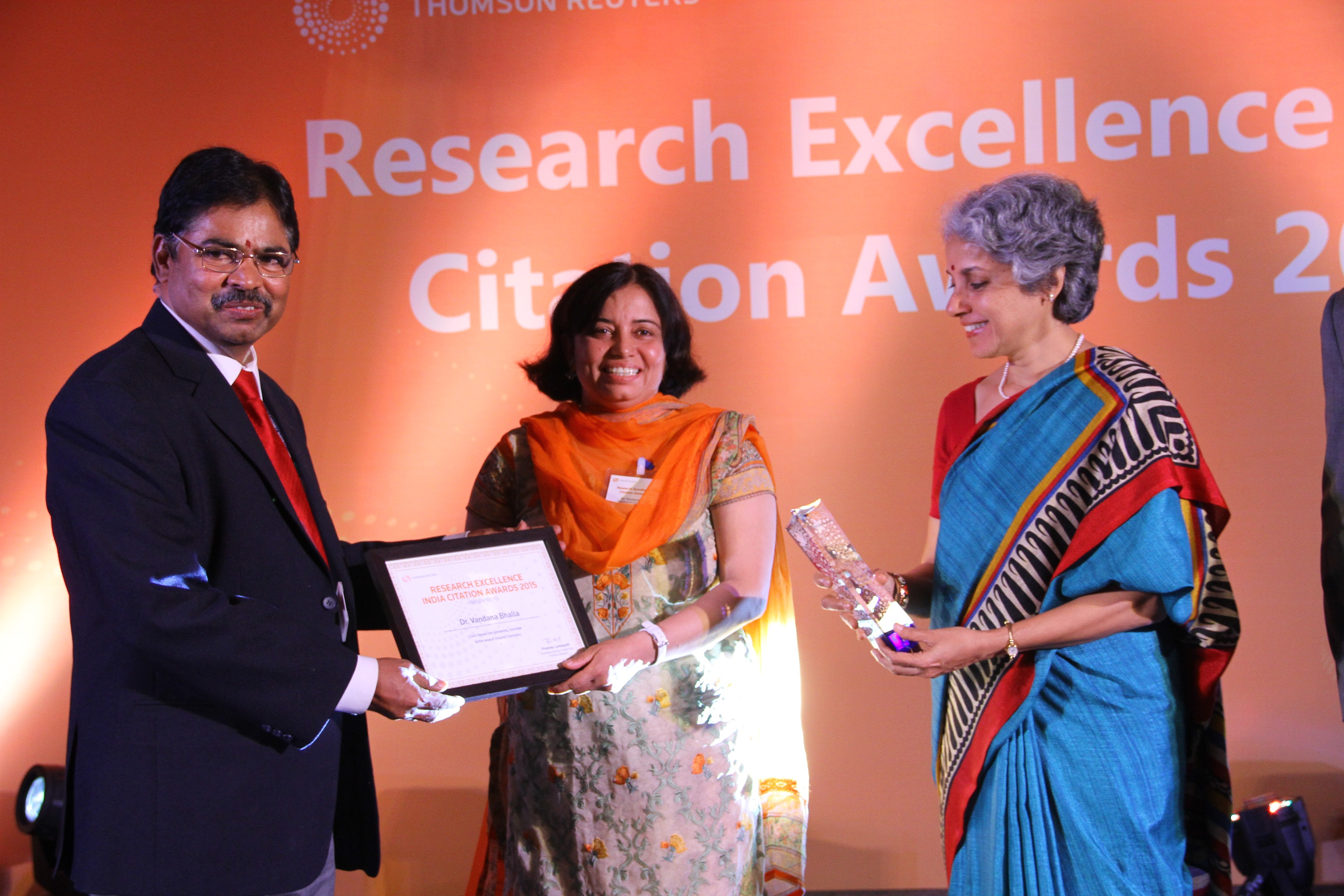
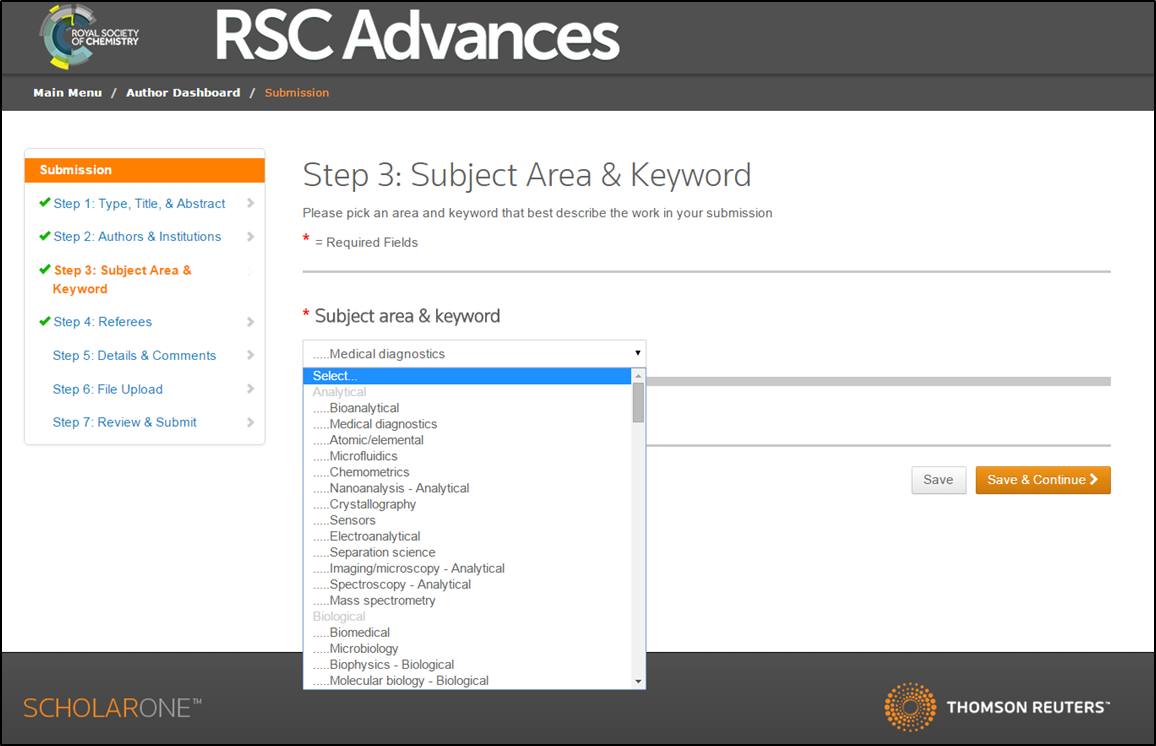

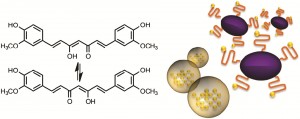
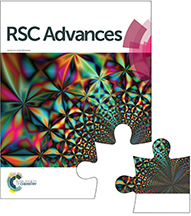
![GA[1]](https://blogs.rsc.org/ra/files/2013/09/GA1.gif)

